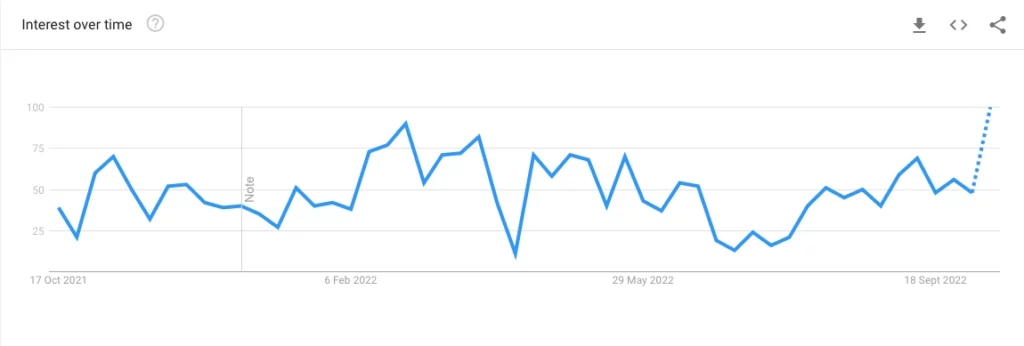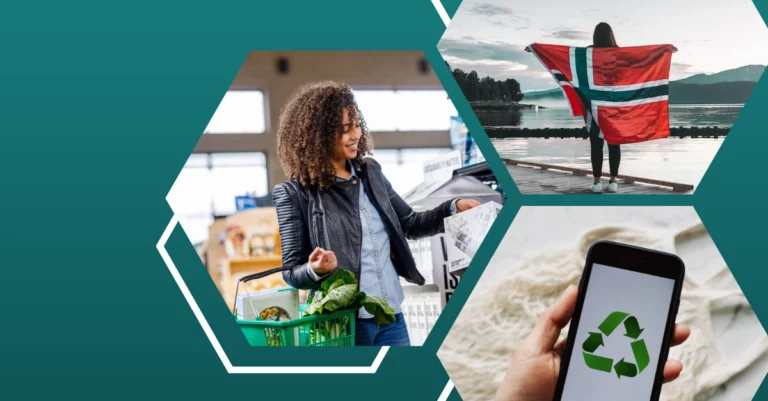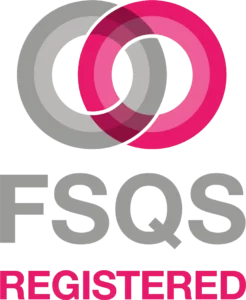Post Summary - Relevant Facts
- One of the main objectives is to reduce domestic greenhouse gas emissions by up to 55% by the end of the decade and to be carbon neutral by 2050.
- The most highlighted sustainability issues in Norway: environmentally friendly production, investments in sustainability, usage of degradable packaging materials.
- Rapid growth in the electric-vehicle market, especially this year, causing a 2.2% decline in overall petroleum sales.
- Recycling is still one of the main topics in Norway, especially the ‘pant’ system, a reward system for returning plastic bottles and aluminium cans.
Introduction
Sustainability is built into Norwegian culture. On the SDG Index, Norway currently ranks as number 6. After years of being an important petroleum producer, Norway has been working to become more green and environment-friendly. Rapid growth in the electric-vehicle market, especially this year, started causing a 2.2% decline in overall petroleum product sales.
The Norwegian government aims to reduce domestic greenhouse gas emissions by up to 55% by the end of the decade and to be carbon neutral by 2050.
According to Bank Norwegian, “Sustainability is about combining profitable business with good governance, ensuring that we take good care of our planet, our people, and offer our customers honest products that are simple to use and easy to understand”.
Sustainability already affects customer priorities, business models, risk management, and regulatory obligations. The transition towards sustainability is changing fast – financial institutions need to adapt in order to differentiate. Climate change and adjusting to a low-carbon economy affect large parts of the Norwegian economy.
Sustainability in Norway: some initiatives
Climate change and the transition to a low-carbon economy will be one of the biggest challenges facing Norwegian banks in the years ahead. In 2021, Norges Bank organised a Nordic workshop, “Climate change and central banking – a Nordic perspective”, to share views and experiences on how central banks can work with climate-related issues. One of the important initiatives is to increase the understanding of how climate-related changes affect the Norwegian economy.
The most sustainable bank in Norway, SpareBank has integrated sustainability into its core values. One of the examples is the offer of green mortgages for eco-friendly and energy-saving measures in new and old homes. The loan has a very favourable interest rate for people who choose environmentally friendly solutions.
In order to move towards sustainability, the economy must be restructured, which requires policy measures, preference changes and investment in technology.
Top searches
Sustainability awareness has increased significantly over the last 2 years. As we know, Norway has one of the most efficient recycling systems in the world, the ‘pant’ system, which is a reward system for returning plastic bottles and aluminum cans. Norwegian consumers are more and more concerned about sustainability. We can see this in sustainability-related Google searches: there is a strong focus on searches like ‘solar energy’, ‘sustainable city’, ‘renewable energy’, ‘recycling’ and ‘food waste’.

Trends in Consumer Behaviour
A comprehensive sustainability survey among Bank Norwegian’s Nordic customers reveals a change in consumer behaviour in the Nordic region. When it comes to sustainability, there are two areas stand out as essential to the customers:
Customers indicate that they would like assistance in identifying purchases from local suppliers and keeping track of sustainable shops and businesses. This type of information would enable them to move towards more sustainable consumption.
Sustainability Apps
We can find a series of apps based on different objectives in relation to sustainability, recycling, or waste reduction (in shopping, travel, etc):
Want to know more?
Snowdrop Solutions currently works with leading digital and traditional banks in Europe, the UK and Asia Pacific. Snowdrop is a location and data intelligence company that has been a Google Trusted Partner since 2013 and Visa Europe since 2020. Our transaction enrichment solution, the ‘MRS’ API, brings together our deep understanding of the Google Maps APIs, a proprietary database and a second to none matching algorithm. We offer superior match rates and accuracy to any of our competitors and a unique customer centric approach that, other than transaction enrichment, provides cost savings and churn reduction to our clients, over and over.
If you want to know more about our product, you can access more information on our dedicated MRS page or by contacting us. A member of the team will respond to your request promptly.




